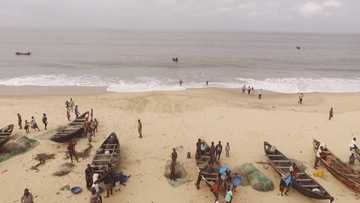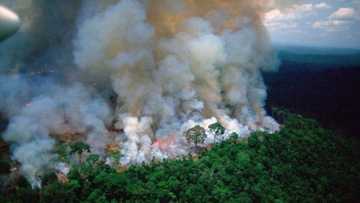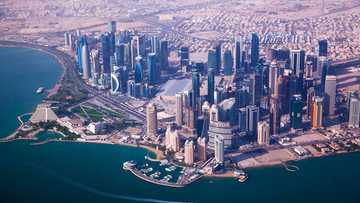How many seasons are there in Nigeria and how are they characterized?
How many seasons are there in Nigeria? Many people want to know the answer to this question. In our article, we will tell you in detail about the seasons in Nigeria and the weather conditions of each month. Do not miss this important information!

Source: UGC
How many seasons do we have in Nigeria
The Nigerian climate varies greatly depending on the region. Therefore, there are two seasons - rainy and dry season.
The dry season in Nigeria is the most pleasant (from November to March) and especially in November and December. At this time on the coast (Lagos, Calabar) is still very hot, even at night. But the humidity is less compared to the rest of the year. The sky in the mornings is often covered with a haze of fog.
Moving to the north, the climate becomes more dry and in the center of the country the days are sunnier, and the nights are colder (Jos). There is almost no rain in the north, and the day is hot, while the nights are even cold (Kano, Maiduguri).
The harmattan season in Nigeria begins from December to March. It means that harmattan wind blows in the north, provoking sandstorms, which sometimes impairs visibility.
The rainy season in Nigeria on the coast lasts seven months (from the end of March to the end of October). The rains are very intense in Lagos, where the atmosphere is extremely stifling and hot. The rainiest place in the country is Calabar, where the rainfalls pour until December. There is a small "dry break" in August in the east of the country. Heavy rains also occur in the center of the country, while in the north the season is limited to four months (from June to September). The sea in Nigeria is warm all year round, but swimming can be dangerous due to strong tides.
We recommend paying attention to the weather conditions in Nigeria by months.
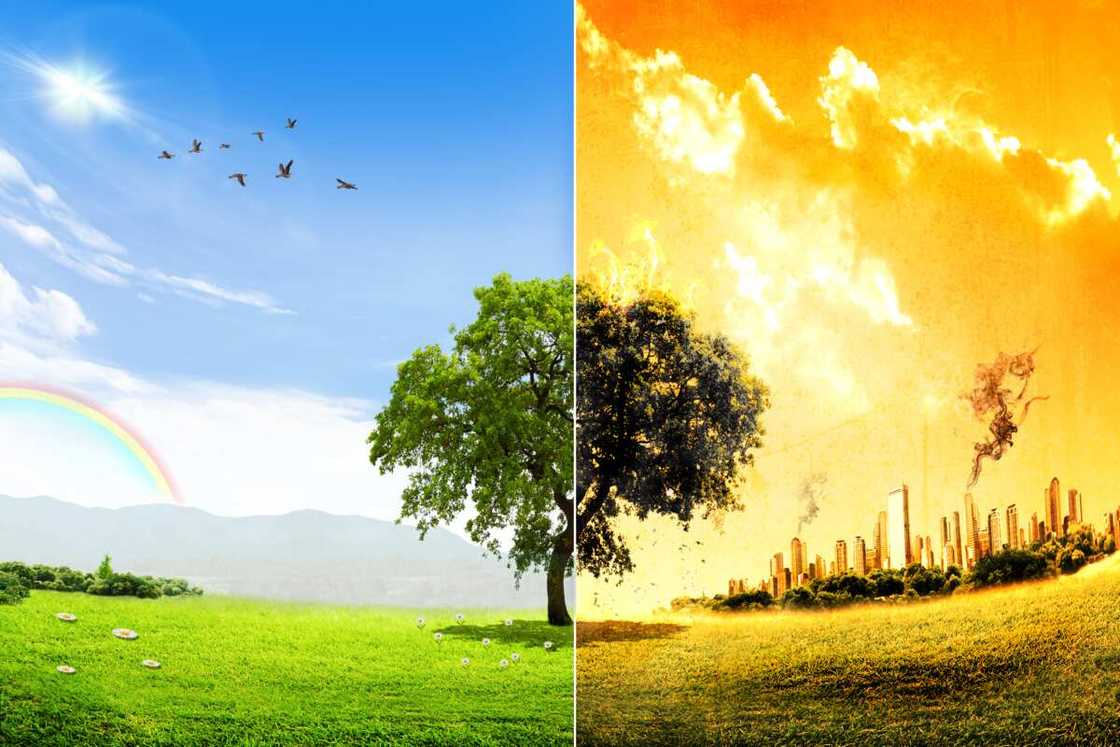
Source: Depositphotos
READ ALSO: Advantages of dry season in Nigeria
Weather in January
The air temperature in Nigeria varies between + 32 ° C during daylight hours, and at night the thermometer drops to + 21 ° C. 3 mm of precipitation is recorded in the month. There are no rainy days. And the number of cloudless days is kept at a maximum (24 clear days). Humidity is 22%. Wind speed is 2 m/s, but in some places, wind speed reaches 7 m/s. Water temperature in January varies at the level of + 27 ° С ... + 28 ° С.
Weather in February
The daytime air temperature varies in the range of + 33 ° С ... + 34 ° С in February. The temperature at night reaches + 23 ° C at night. There is no rain this month. However, the humidity rises to 30%. Wind speed does not change. It is 2-7 m/s. The water temperature in the Gulf of Guinea is + 28 ° C.
Weather in March
The water in the Gulf of Guinea warms up to + 28 ° С ... + 29 ° С. Daytime air temperature ranges from + 34 ° C to + 35 ° C. The thermometer is kept at + 23 ° C at night. Only 1 rainy day appears in March. Humidity rises to 38%. The speed of movement of air masses does not exceed 2-5 m/s.
Weather in April
The southwest wind blows predominantly in April. The speed of air masses is 3 m/s on average, but sometimes the wind blows to 18 m/s. Temperature grades vary throughout the day within + 23 ° С ... + 32 ° С. 87 mm of precipitation is recorded in the month. It rains for 5 days. The number of cloudless days is reduced to 7. The humidity level of the air is set at 58%.
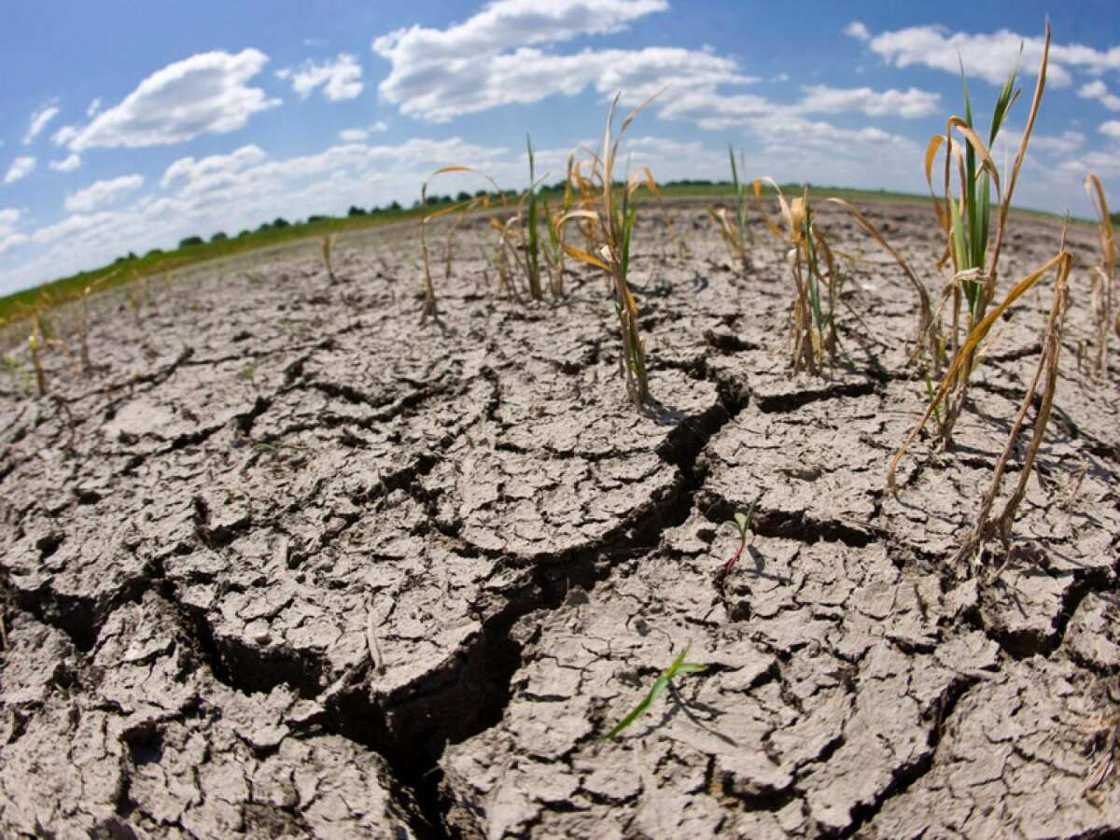
Source: Depositphotos
Weather in May
During the day it gets colder up to + 30 ° С in May. At night the thermometer's indicators are kept within + 23 ° С Degree of rainfall rises sharply, for example, there is 162 mm in the month. Almost 9 rainy days are registered. Air humidity is 69%. Wind speed does not exceed 5 m/s. The water temperature in May is + 28 ° С.
Weather in June
177 mm of precipitation is recorded in June. Wind speed is 3 m/s. However, sometimes hurricanes occur with winds and reach to 45 m/s. The air temperature in the daytime is + 29 ° C ... + 30 ° C, and at night is + 22 ° C.
Weather in July
The temperature indicators throughout the day range from + 22 ° С to + 26 ° С in July. The level of precipitation increases sharply, now 413 mm fall out in 17 rainy days. Humidity rises to 85%. Wind speed reaches to 2-7 m/s. The water in the Gulf of Guinea is cooled to + 25 ° C ... + 26 ° C.
Weather in August
August in Nigeria is the coldest and rainiest month. Daytime air temperature ranges from + 24 ° C to + 25 ° C, and at night the air is cooled to + 21 ° C. 504 mm of precipitation is recorded. They fall in 18-20 days. The sun emerges from the clouds one day a month only. Humidity also peaks at 90%. The water temperature is + 25 ° C. Wind speed does not exceed 5 m/s.
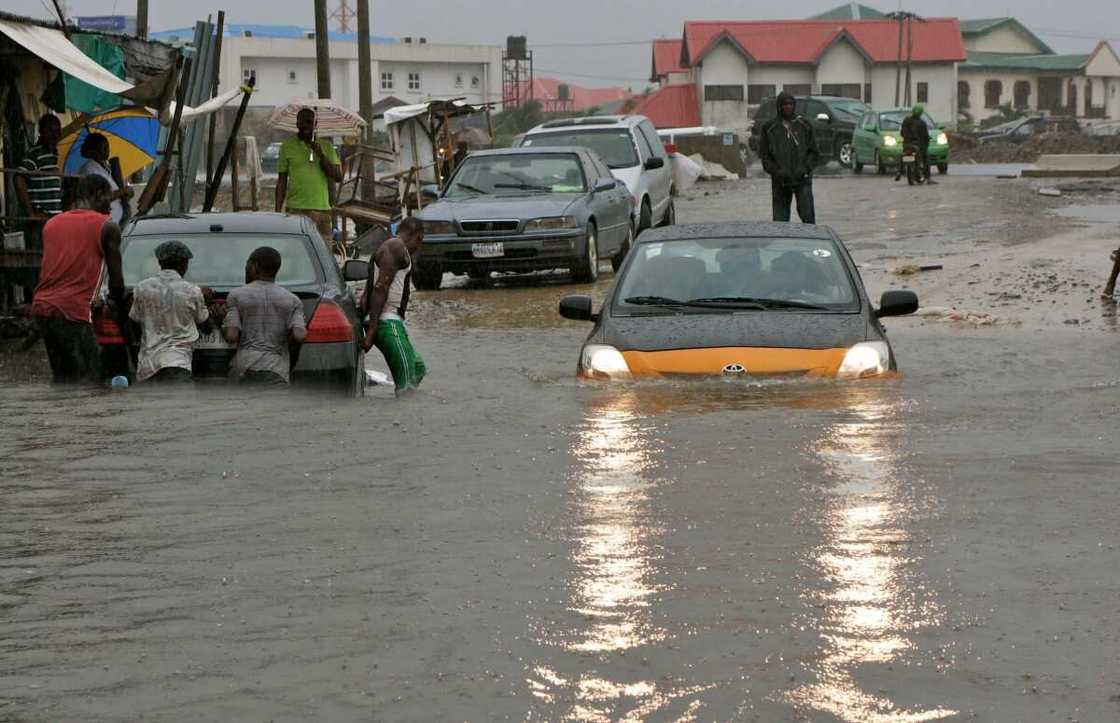
Source: Depositphotos
READ ALSO: Months of rainy season in Nigeria
Weather in September
The air temperature during daylight hours varies between + 25 ° C ... + 28 ° C in September, and at night the temperature keeps at + 22 ° C. The level of precipitation gradually decreases, now 326 mm of precipitation fall in 8 days. Humidity is 87%. Seawater warms up to + 26 ° С.
Weather in October
Temperature indicators during the day are set at + 28 ° C ... + 31 ° C in October, and at night temperature falls to + 22 ° C. It will continue to 9 days. Monthly rainfall is 102 mm. The humidity of the air is 78%. The west wind is blowing predominantly at a speed of 2-7 m/s. The water temperature in the Gulf of Guinea varies between + 26 ° C ... + 27 ° C.
Weather in November
The sun does not hide in clouds in Nigeria for 19 days in November. The amount of precipitation reaches 4 mm, and the level of humidity is about 47%. The average daytime air temperature is + 31 ° С, and the night temperature is + 22 ° С. The water warms up to + 27 ° С.
Weather in December
The water temperature in the Gulf of Guinea reaches + 28 ° С in December. The average daily air temperature varies between + 21 ° C ... + 32 ° C. Wind speed this month does not exceed 6 m/s. Rainfall is not recorded. The number of cloudless days comes to a maximum. 24 days a month the sky is not cloudy.
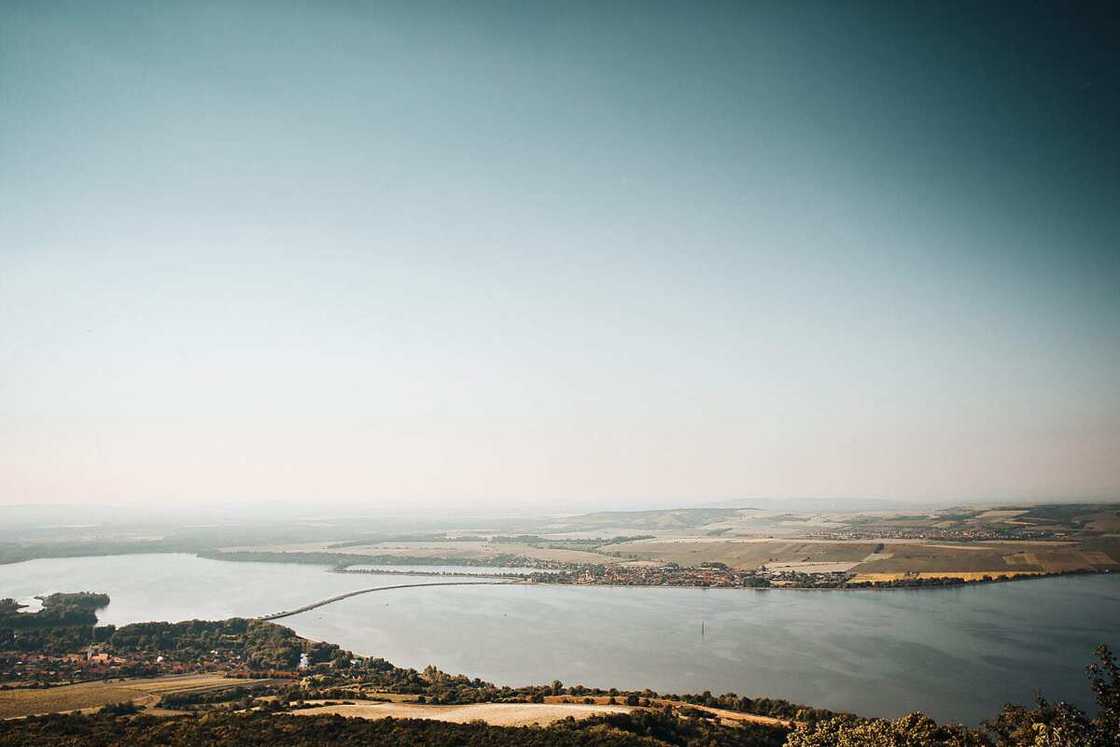
Source: Depositphotos
Nigeria is a beautiful country with a pleasant climate. Now you know how many seasons are in Nigeria and how they are characterized. We hope the information in this article will be useful for you and we have answered all the questions. Dress according to the weather and be safe.
READ ALSO: Characteristics of rainy season in Nigeria
Source: Legit.ng



